
Kód: 04723623
Why Don't American Cities Burn?
Autor Michael B. Katz
At 1:27 on the morning of August 4, 2005, Herbert Manes fatally stabbed Robert Monroe, known as Shorty, in a dispute over five dollars. It was a horrific yet mundane incident for the poor, heavily African American neighborhood of ... celý popis
- Jazyk:
 Angličtina
Angličtina - Vazba: Brožovaná
- Počet stran: 224
Nakladatelství: University of Pennsylvania Press, 2013
- Více informací o knize

Mohlo by se vám také líbit
-
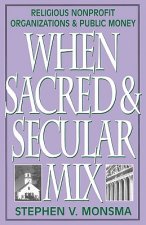
When Sacred and Secular Mix
1316 Kč -

Nineteenth-century Literature Criticism
17044 Kč -

Chicago - The Delaplaine 2020 Long Weekend Guide
366 Kč -

The Poets' Song of Poets
896 Kč -

The Motor Girls at Camp Surprise or, the Cave in the Mountains
204 Kč -
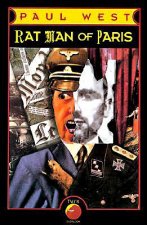
Rat Man of Paris
303 Kč -

180 Trait-Specific Comments Grades K-2
402 Kč -

Mornin' Bill
463 Kč -

Diplomatist's Wife in Japan
780 Kč -

Poetry for Students
6845 Kč -
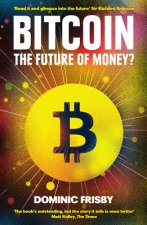
Bitcoin
297 Kč -

Curly
467 Kč -

Ultimate Secret
238 Kč -

Saharan Frontiers
2199 Kč
Dárkový poukaz: Radost zaručena
- Darujte poukaz v libovolné hodnotě a my se postaráme o zbytek.
- Poukaz se vztahuje na celou naši nabídku.
- Elektronický poukaz vytisknete z e-mailu a můžete ihned darovat.
- Platnost poukazu je 12 měsíců od data vystavení.
Více informací o knize Why Don't American Cities Burn?
Nákupem získáte 76 bodů
 Anotace knihy
Anotace knihy
At 1:27 on the morning of August 4, 2005, Herbert Manes fatally stabbed Robert Monroe, known as Shorty, in a dispute over five dollars. It was a horrific yet mundane incident for the poor, heavily African American neighborhood of North Philadelphia-one of seven homicides to occur in the city that day and yet not make the major newspapers. For Michael B. Katz, an urban historian and a juror on the murder trial, the story of Manes and Shorty exemplified the marginalization, social isolation, and indifference that plague American cities. Introduced by the gripping narrative of this murder and its circumstances, Why Don't American Cities Burn? charts the emergence of the urban forms that underlie such events. Katz traces the collision of urban transformation with the rightward-moving social politics of late twentieth- and early twenty-first-century America. He shows how the bifurcation of black social structures produced a new African American inequality and traces the shift from images of a pathological black "underclass" to praise of the entrepreneurial poor who take advantage of new technologies of poverty work to find the beginning of the path to the middle class. He explores the reasons American cities since the early 1970s have remained relatively free of collective violence while black men in bleak inner-city neighborhoods have turned their rage inward on one another rather than on the agents and symbols of a culture and political economy that exclude them. The book ends with a meditation on how the political left and right have come to believe that urban transformation is inevitably one of failure and decline abetted by the response of government to deindustrialization, poverty, and race. How, Katz asks, can we construct a new narrative that acknowledges the dark side of urban history even as it demonstrates the capacity of government to address the problems of cities and their residents? How can we create a politics of modest hope?
 Parametry knihy
Parametry knihy
Zařazení knihy Knihy v angličtině Society & social sciences Society & culture: general Social groups
757 Kč
- Plný název: Why Don't American Cities Burn?
- Autor: Michael B. Katz
- Jazyk:
 Angličtina
Angličtina - Vazba: Brožovaná
- Počet stran: 224
- EAN: 9780812222807
- ISBN: 0812222806
- ID: 04723623
- Nakladatelství: University of Pennsylvania Press
- Hmotnost: 378 g
- Rozměry: 228 × 153 × 12 mm
- Datum vydání: 17. October 2013
Oblíbené z jiného soudku
-

Women Who Run with the Wolves
190 Kč -

Women Who Run With The Wolves
396 Kč -
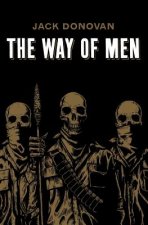
The Way of Men
332 Kč -

Empire of the Summer Moon
334 Kč -
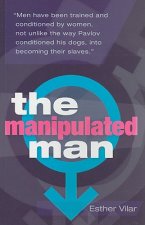
Manipulated Man
313 Kč -
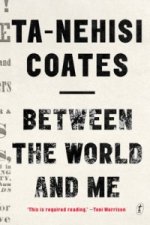
Between The World And Me
283 Kč -

Witches, Midwives, And Nurses
300 Kč -

The Velvet Rage
416 Kč -
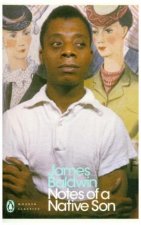
Notes of a Native Son
269 Kč -
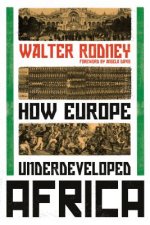
How Europe Underdeveloped Africa
472 Kč -

Qur'an
758 Kč -
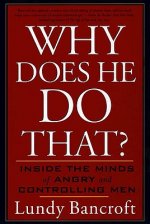
Why Does He Do That?
401 Kč -

Childhood and Society
392 Kč -

Dancing on Our Turtle´s Back
526 Kč -

Nashville Nights Hollywood Lights
670 Kč -

Yiddish Folktales
478 Kč -

Secret of Childhood
223 Kč -

Flaneuse
288 Kč -

How to Understand Your Gender
456 Kč -

Backwards & in Heels
372 Kč -

Persepolis
652 Kč -
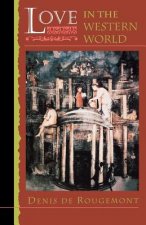
Love in the Western World
1175 Kč -

Orientalism
288 Kč -
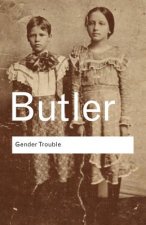
Gender Trouble
605 Kč -

Freedom Writers Diary
347 Kč -
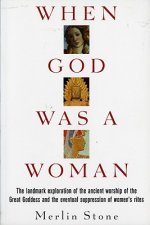
When God Was A Woman
498 Kč -

Who Cooked the Last Supper?
429 Kč -

Goddesses in Everywoman
283 Kč -

The Autobiography of Malcolm X
222 Kč -

The Mastery of Love
306 Kč -

Second Sex
400 Kč -

Nice Girls Don't Get The Corner Office
259 Kč -

Culture of Critique
599 Kč -

Eros and Mysteries of Love
407 Kč -

World's Best Cities
807 Kč -

Indigenous Peoples' History of the United States
322 Kč -

Think Like a Monk
415 Kč -

Tom of Finland. The Complete Kake Comics
456 Kč -

The Male Nude
456 Kč -

Talking with Female Serial Killers - A chilling study of the most evil women in the world
258 Kč -
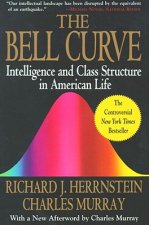
The Bell Curve
434 Kč -
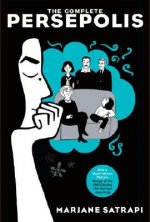
Complete Persepolis
471 Kč -

Desert Flower
269 Kč -

Dance of Anger
258 Kč -

Intellectuals and Society
537 Kč -

Beauty Sick
283 Kč -

Iron John
395 Kč -

Story of the Jews
337 Kč -

Muhammad: His Life Based on the Earliest Sources
483 Kč
Osobní odběr Praha, Brno a 12903 dalších
Copyright ©2008-24 nejlevnejsi-knihy.cz Všechna práva vyhrazenaSoukromíCookies



 Vrácení do měsíce
Vrácení do měsíce 571 999 099 (8-15.30h)
571 999 099 (8-15.30h)